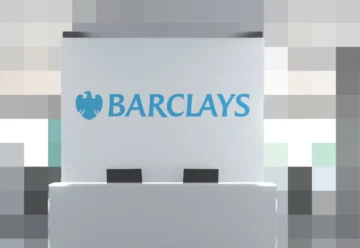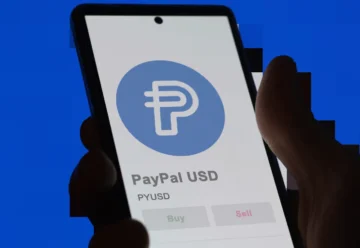Thailand Launches Retail CBDC Pilot Project

The Bank of Thailand (BOT) is launching a central bank digital currency (CBDC) pilot project for retail transactions in a regulatory sandbox with the participation of two commercial banks and a payment service from Singapore. The test run will last two months.
The Bank of Thailand began testing a retail CBDC in a regulatory sandbox with specially selected customers of two local commercial banks. This was reported by the local media.
The BOT partners in the pilot project were:
- Bank of Ayudhya (Krungsri);
- Siam Commercial Bank (SCB);
- 2C2P, a Singapore payment system.
More than 10,000 users are expected to participate in the pilot project. According to Sam Tanskul, Managing Director of Krungsri, the bank will allow over 2,000 of its customers to use the digital baht through a special banking app CBDC Krungsri. The use of CBDCs will be implemented in a similar way at SCB, whose mobile app for the digital baht is called CBDC SCB Wallet. Both apps are a digital wallet where fiat money can be exchanged for digital baht at a ratio of one to one. Once their functionality is tested, they’ll be integrated into the main banking apps.
The Thai digital currency can be used at more than 200 locations in the region. For this purpose the sellers will indicate a special QR code to pay for their services and goods in CBDCs. In addition, the digital baht can be used to make government payments, repay loans or in a popular super app called Pao Tang.
It’s planned that the retail CBDC of Thailand will operate similar to the state-owned PromptPay instant bank transfer system, with several advantages:
- Control. The country’s authorities will have the ability to restrict the use of CBDCs. For example, social benefits paid to students in the digital baht can only be used in educational institutions.
- Transparency. CBDCs will enable control over using credit funds. Financial institutions issuing a loan in the digital baht will be able to check whether the funds were used by the client for their intended purpose. For instance, customers who received a mortgage loan will be able to use retail CBDCs only in stores related to housing.
The retail CBDC pilot in Thailand will last approximately three months, from June to August 2023. After testing the digital baht in a real environment, all project participants are required to provide the BOT with a detailed report on successes and failures. The country’s authorities will then make a final decision on the issuance of CBDCs.
The central bank of Thailand announced the launch of the pilot project back in August 2022. The BOT also participated in cross-border CBDC pilots — Multiple CBDC Bridge and Inthanon-LionRock2.











